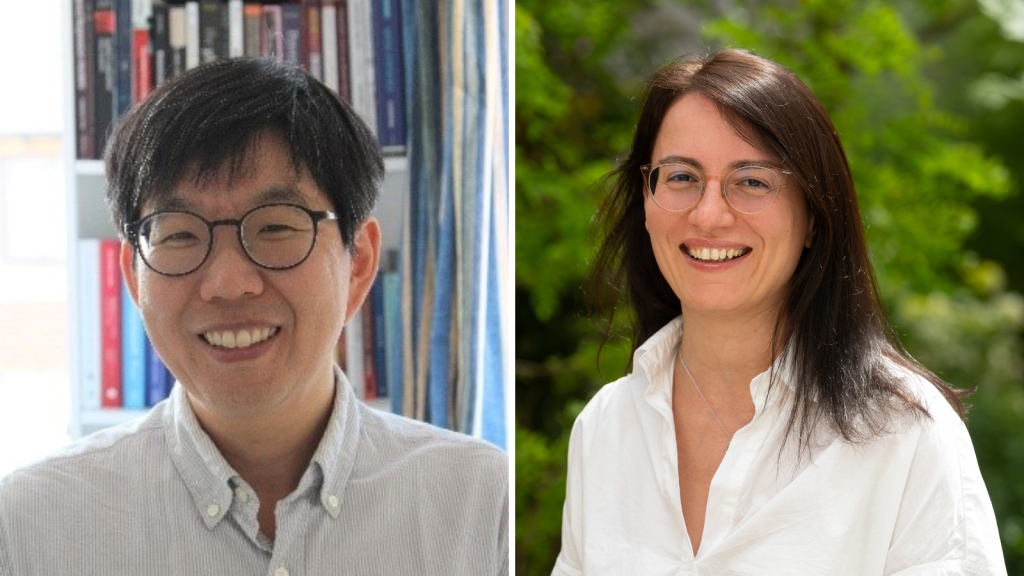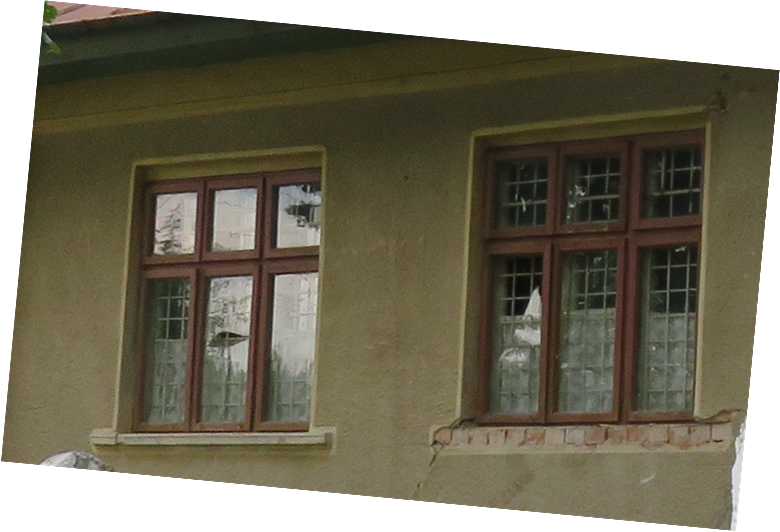Emptiness and educational imaginaries in small or isolated rural communities that experienced permanent school closures
The Project
This project, led by Professor Alis Oancea and involving Dr Mariela Neagu and Arzhia Habibi, pilots digital and remote ethnographic educational research in rural areas affected by demographic change where permanent school closures occurred.
Emptying—the disappearance or radical reconfiguration of material and social relations that constitute a place (due to demographic change, migration, economic situation, COVID etc)—is an increasingly common global phenomenon.
The project aims to describe how small or isolated rural communities and individuals in places that are ’emptying’ continue to live and become after permanent school closures – in order to understand and theorise the different senses of emptiness at play and their material, social and cultural entanglements.
The empty school buildings, objects emptied of function, and lost routines and calendars, together with the disappearance of part of the local labour market and community services and support network, do not only open a keenly perceived material and social hiatus within the community, but school closures also transform its rhythms, aesthetics, self-understandings and imaginaries.
The project benefits from collaboration with a large European Research Council (ERC) anthropological study of emptiness, which focuses on communities, migration and culture (https://emptiness.eu/).
Research Team
More Projects
-
ProjectFrom Policy to Practice: Understanding Teachers’ Experiences with Student Learning Outcomes-Based EducationDiscover MoreStart date: May 2025End date: April 2026
-
ProjectTeacher and community perspectives: missing links in language planning and policy in multilingual settingsDiscover MoreStart date: January 2025End date: December 2025
-
ProjectDeveloping a Socially Sensitive Research Approach to Higher Education Aspirations: Exploring the Hopes and Aspirations of British Sixth Form Students of Pakistani and Bangladeshi HeritageDiscover MoreStart date: May 2025End date: April 2026
-
ProjectInternational Mobility and World DevelopmentDiscover MoreStart date: January 2022End date: May 2025
-
ProjectEthical research in International and Comparative Education during Covid-19Discover MoreStart date: 2020End date: 2021
-
ProjectEducation, Purpose and Human Flourishing in Uncertain Times (EPHF)Discover MoreStart date: July 2020End date: June 2023
More News
-
 NewsInternational student mobility plays crucial factor in long term poverty reduction, paper showsSeptember 24, 2024
NewsInternational student mobility plays crucial factor in long term poverty reduction, paper showsSeptember 24, 2024 -
 NewsUkrainian Higher Education in Times of War: Department marks International Day of Education with new seminar seriesJanuary 23, 2024
NewsUkrainian Higher Education in Times of War: Department marks International Day of Education with new seminar seriesJanuary 23, 2024 -
 NewsNew Seminar series for Trinity Term: Global Public Seminars in Comparative and International EducationMarch 24, 2021
NewsNew Seminar series for Trinity Term: Global Public Seminars in Comparative and International EducationMarch 24, 2021 -
 NewsReport published today provides evidence on what influences EAL learners to mitigate language learning lossMarch 17, 2021
NewsReport published today provides evidence on what influences EAL learners to mitigate language learning lossMarch 17, 2021

Project Details
Research Team
More Projects
-
ProjectFrom Policy to Practice: Understanding Teachers’ Experiences with Student Learning Outcomes-Based EducationDiscover MoreStart date: May 2025End date: April 2026
-
ProjectTeacher and community perspectives: missing links in language planning and policy in multilingual settingsDiscover MoreStart date: January 2025End date: December 2025
-
ProjectDeveloping a Socially Sensitive Research Approach to Higher Education Aspirations: Exploring the Hopes and Aspirations of British Sixth Form Students of Pakistani and Bangladeshi HeritageDiscover MoreStart date: May 2025End date: April 2026
-
ProjectInternational Mobility and World DevelopmentDiscover MoreStart date: January 2022End date: May 2025
-
ProjectEthical research in International and Comparative Education during Covid-19Discover MoreStart date: 2020End date: 2021
-
ProjectEducation, Purpose and Human Flourishing in Uncertain Times (EPHF)Discover MoreStart date: July 2020End date: June 2023
More News
-
 NewsInternational student mobility plays crucial factor in long term poverty reduction, paper showsSeptember 24, 2024
NewsInternational student mobility plays crucial factor in long term poverty reduction, paper showsSeptember 24, 2024 -
 NewsUkrainian Higher Education in Times of War: Department marks International Day of Education with new seminar seriesJanuary 23, 2024
NewsUkrainian Higher Education in Times of War: Department marks International Day of Education with new seminar seriesJanuary 23, 2024 -
 NewsNew Seminar series for Trinity Term: Global Public Seminars in Comparative and International EducationMarch 24, 2021
NewsNew Seminar series for Trinity Term: Global Public Seminars in Comparative and International EducationMarch 24, 2021 -
 NewsReport published today provides evidence on what influences EAL learners to mitigate language learning lossMarch 17, 2021
NewsReport published today provides evidence on what influences EAL learners to mitigate language learning lossMarch 17, 2021







